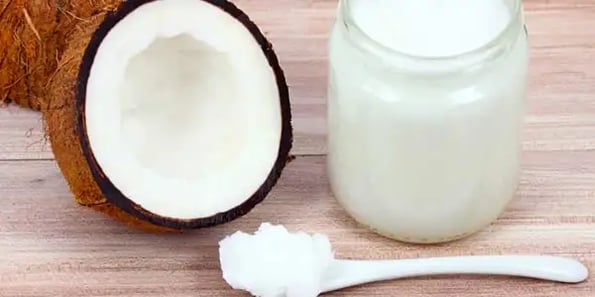Turns out, coconut oil may have been a wolf in superfood’s clothing all along.

According to new data from research firm SPINS, the golden child of the health food industry’s sales took a nosedive last year, down almost 30% since their high 3 years ago.
So what happened?
Coconut oil initially attracted users with the promise of a stronger immune system, weight loss, and better cholesterol.
US searches for coconut oil more than doubled from 2011 to 2013, and at its peak in 2015, Americans purchased $229m worth of the stuff.
But, as it climbed the health food ranks over other health fads like acai and pomegranate, a few cracks in the oil’s health claims shell have come to light.
“Everyone’s doin’ it”
Back in 2003, a study was published by Marie-Pierre St-Onge, a nutrition professor at Columbia, that showed eating medium chain fatty acids — a molecule found in coconut oil — will help burn fat.
Marketers got wind of that, slapped some sexy knowledge on a label and bam: 7 out of 10 people believed coconut oil was a healthy food in 2016.
But last year, the American Heart Association felt differently, and released a report reminding people of the dangers of saturated fats — something that coconut oil is chock-full of — and it looks like people are finally starting to get the hint.

